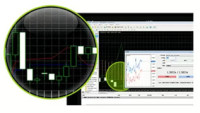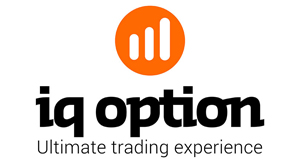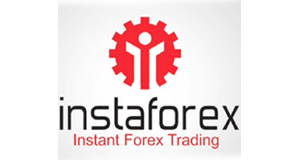The United Arab Emirates (UAE) has become a hub for trading and financial investments. Thanks to its convenient and efficient infrastructure, low taxes, and favourable legal framework, more investors are looking to capitalise on the opportunities in the country. This article will serve as a beginner’s guide to trading in the UAE, outlining the essential elements necessary for getting started.
From understanding which markets are available to you and what kind of products can be traded to navigating tax laws and regulations and finding reliable brokers or online exchanges—this guide will provide aspiring traders with everything they need.
Understanding different markets and products
One of the first steps in trading in the UAE is understanding which markets are available for your investments. The UAE offers a variety of markets, such as forex (foreign exchange), stocks, and commodities. Each market has its unique set of risks and rewards, and it is essential to understand the specifics of each one before making any investments.
The next step in trading in the UAE is understanding which kinds of products are available for you to trade. These include currencies, stocks, bonds, mutual funds, futures contracts, and options. Depending on your goals and risk tolerance, it’s essential to carefully consider all your options to make an informed decision when it comes time to invest.
Furthermore, it is crucial to understand the different types of orders that you can place when trading. For example, a “market order” is an order that is immediately executed at the current market price. In contrast, a more complex “limit order” allows you to specify limits on either buying or selling price before placing your order.
Navigating regulations
It is also crucial for traders to be aware of the UAE’s regulations. As such, familiarising yourself with all relevant laws and regulations before investing is essential to ensure that you remain compliant.
To boot, keeping up with any changes in laws and regulations is essential. This is especially true when trading or investing online, as many products offered are subject to different taxation rules than those available in traditional brick-and-mortar exchanges.
Finding reliable brokers or online exchanges
Another step when trading in the UAE is finding a reliable broker or online exchange. Several different platforms are available for traders in the region; however, not all offer the same level of service. Do your research before committing to any particular broker or exchange, as some may have hidden fees or other costs that could affect your overall returns.
Additionally, make sure to check customer reviews and the financial stability of any potential broker before committing. Another vital factor to consider is the trading fees, which can affect your potential earnings.
Implementing risk management strategies
Finally, it’s essential to understand that trading in the UAE is not without risk. Therefore, traders need to implement a comprehensive risk management strategy. This should include understanding your risk tolerance and setting limits for the amount of money you are willing to invest and lose.
Additionally, it’s essential to diversify your investments across different asset classes and markets to limit losses if one market performs poorly. Lastly, staying up to date on market news and developments is crucial, as these can drastically impact your investments’ performance.
The beginner’s trading checklist
To sum it up, the beginner’s trading checklist for the UAE should include the following:
- Understanding different markets and products available to you: such as forex, stocks, and commodities.
- Familiarising yourself with the different types of orders you can place when trading: market and limit orders.
- Finding reliable brokers or online exchanges: researching fees, customer reviews, and financial stability.
- Always trade with a plan: having a strategy can help you stay focused and stick to your trading goals.
- Implement risk management strategies: These can help you protect your investments from losses.
On the whole
Trading in the UAE can be a great way to diversify your investments and potentially generate returns. However, it is crucial to understand the risks associated with trading in the region before getting started. This begins with familiarising yourself with different markets and products, understanding the different types of orders you can place when trading, finding reliable brokers or online exchanges, and implementing risk management strategies. Following this guide should help beginners get off on the right foot when trading in the UAE.












